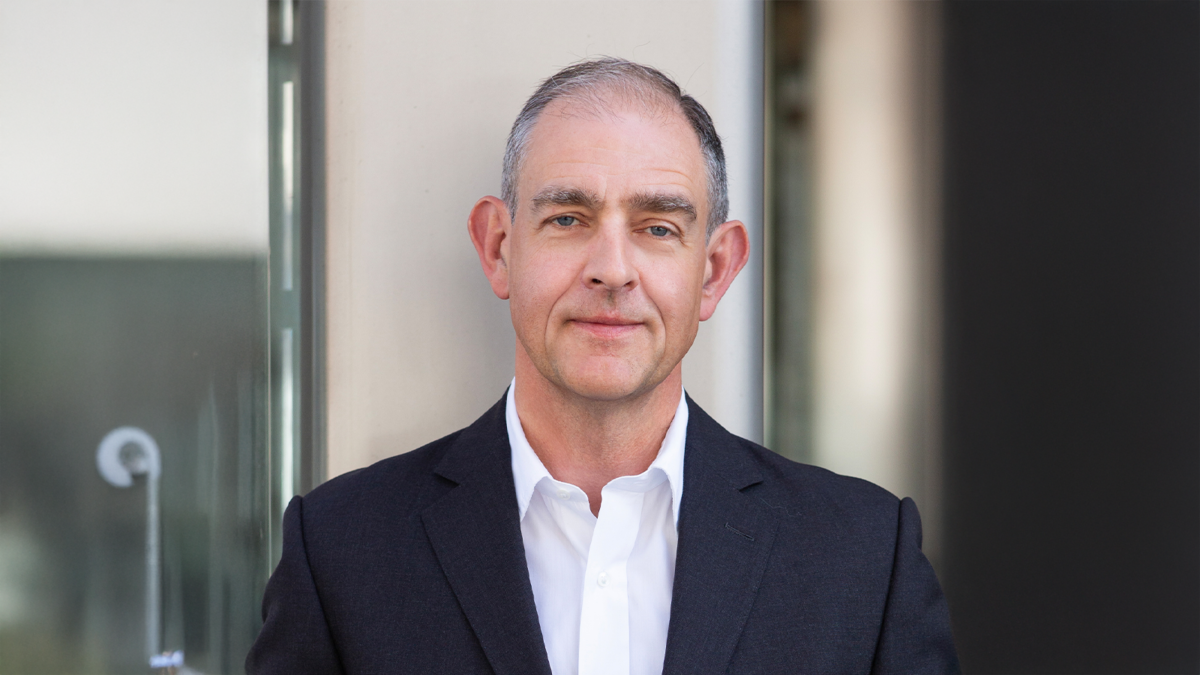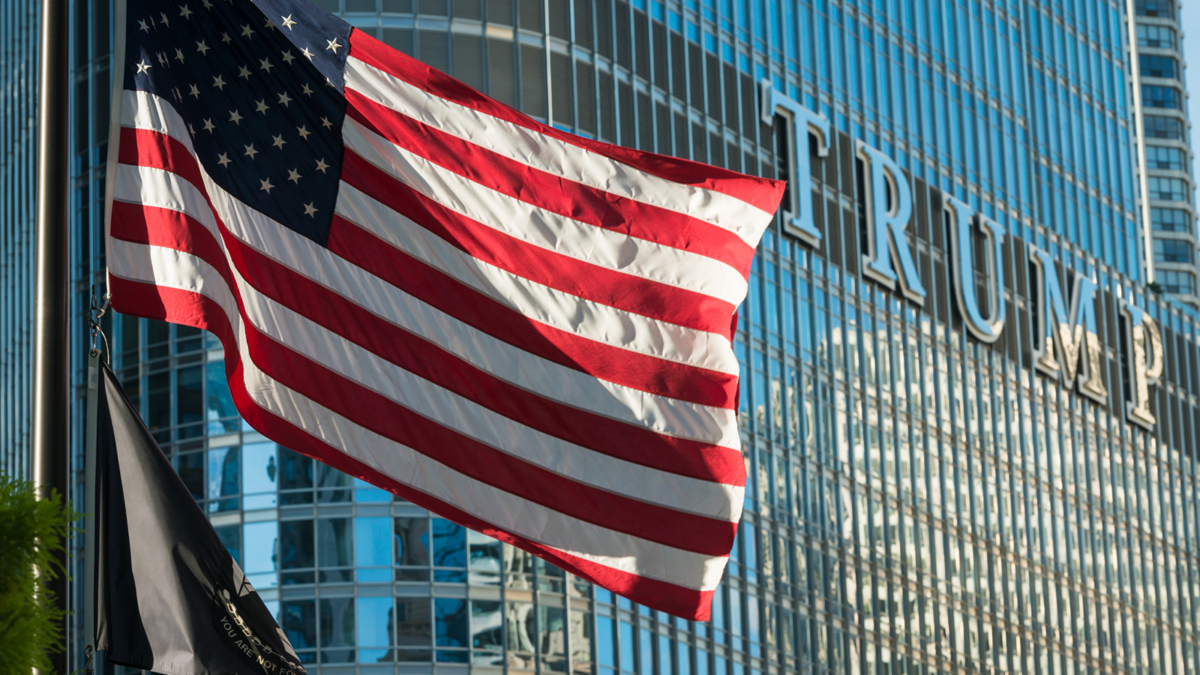Courage required in the search for growth amid thematic boom
Themes and long-term investing go hand in hand with wide divergence between the merits of ETFs and active funds.
A recent plethora of appealingly named ETFs hit on the current hot topics.
These quantitatively screened funds can only go so far providing appropriate exposures relying on current data rather than what might evolve. They also tend to attract money right when the momentum is well in train, creating another buyer for already popular stocks.
But they do take the pressure off identifying an active manager that can successfully delve into the unknown to pick stocks associated with themes as well as outperforming the index.
Active funds that coalesce around themes are two-a-penny, concentrated in the growth sector. Anybody heard of a disruptor fund? This label is starting to age and the major holdings are also showing signs of maturity.
Inevitably fund managers must move on from these into the next iteration. Those that had the foresight to invest early into Amazon may have picked up the potential of Spotify earlier than others. Now their attention may have turned to The Trade Desk and others that place advertising on sites or improve social media presence.
The courage to invest before mass acceptance is what differentiates a great thematic investor from a growth fund. Growth funds may debate their weight in the likes of Tesla, Visa or Microsoft, while the themed approach is more likely to be littered with unknown names. Profitability, even cash flow, could be absent and the product may appear obscure or niche. Most importantly, the current incumbents in the industry are inevitable in denial, along with their investors.
It is almost embarrassing to recall how popular once favoured retailers such as Marks & Spencer, Debenhams or a host of apparel names were in portfolios a decade or more ago. The idea that consumers would happily buy fancy product sight unseen never entered their minds.
Nonetheless it is often hard to imagine large scale change ten years hence. There are a few industries that beg for change. Current financial services seem the most obvious, still locked into cumbersome systems and now wrapped in regulatory restraints. Automation and robotics are hardly new. But faced with low-cost labour and skill shortages businesses are much more likely to reconsider investment into new fangled technology.
The healthcare sector has long been upheld as a prime candidate for disruption and is the most obvious theme. Yet the number of vested interests stimies change, not least governments unwilling to challenge a vocal population clamouring for more and expensive services. No amount of quantitative screening is likely to uncover the next best biotech leaving this sector as fertile ground for active investors with knowledge within the sector.
Investors are faced with the choice of ETFs that participate in current hot topics or select among the handful of truly thematic funds. The ETFs suit the shorter term investor riding momentum, the active fund is for those that have faith in a manager with unusual vision.











